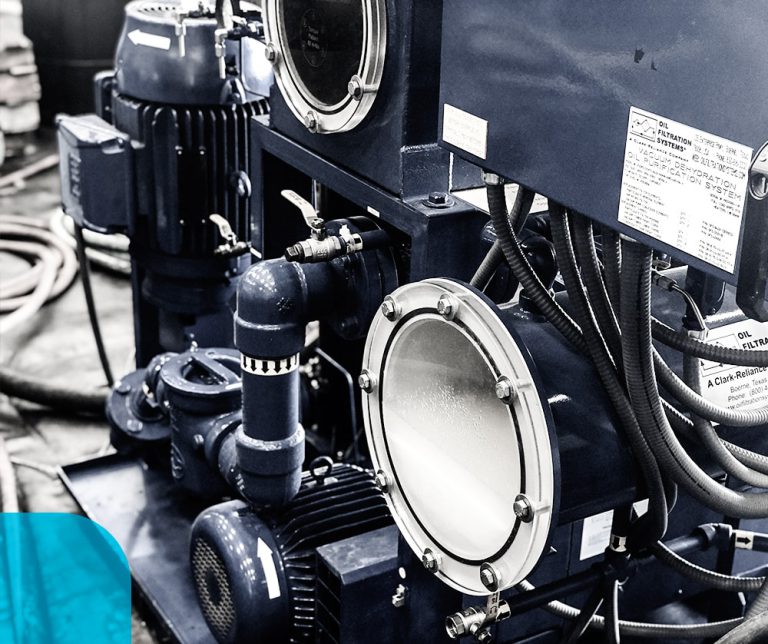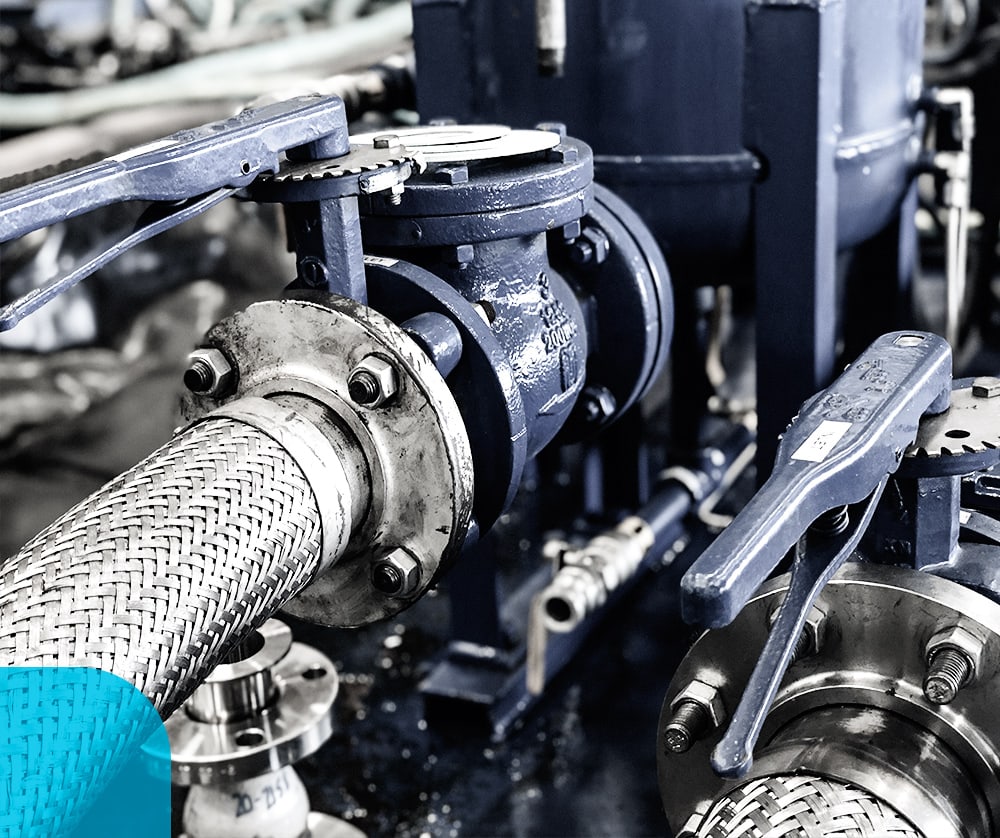How to Measure Water in Oil
While the presence of water in concentrations greater than 200 PPM is visibly noticeable, field and lab analysis testing is also available to determine the amount of water in a sample of oil.
The following are the three most common methods of measuring water in a lubricant:
1. Karl Fischer Titration
Karl Fischer coulometric titration (ASTM D6304) is the most common method of measuring water. Because of its accuracy and repeatability, KF is used by most oil analysis labs to measure free, emulsified, and dissolved water in oil.
2. Crackle Test
In the crackle test, a small sample of oil is heated onto a hot plate. If there is water in the oil, the heat will cause the water to change to vapor and rapidly rise to the surface causing a “crackle” sound. The size of the bubbles rising to the surface is indicative of the amount of water in the oil.
3. Calcium Hydride Oil Analysis Kit
In this testing method, a specific amount of oil is placed into a sealed container along with a specific corresponding amount of calcium hydride. The container is shaken causing the water in the oil and calcium hydride to produce hydrogen. The container is outfitted with a gauge that measures the amount of hydrogen produced equal to the amount of oil in the sample.
Other methods of measuring water content in oil include:
- Relative Humidity Sensors
- Infrared Spectroscopy

